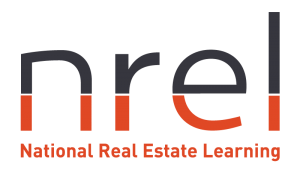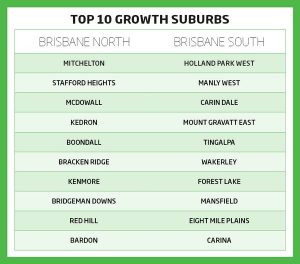Essential Guide to Easements for Property Buyers and Real Estate Agents
In the realm of real estate transactions, understanding easements is crucial for both buyers and agents. An easement grants one party the right to use another’s land for a specific purpose without transferring ownership. This legal concept can significantly influence property value, use, and future development. Here’s a detailed look at easements, supported by relevant Australian statistics.
What is an Easement?
An easement is a legal right that permits one party (the easement holder) to use a portion of another person’s property for a designated purpose. Easements can be granted to individuals, organisations, or government entities and come in various forms:
- Utility Easements: These make up a significant portion of easements in Australia. According to the Australian Bureau of Statistics (ABS), utility easements account for approximately 60% of all easements, primarily for maintaining infrastructure such as water, sewer, and electrical lines.
- Access Easements: Often necessary for landlocked properties, access easements represent around 25% of easements. They provide essential passage through a neighboring property to reach a public road.
- Conservation Easements: Increasingly popular for preserving environmental or historical resources, conservation easements constitute about 10% of all easements in Australia.
- Easements by Necessity: These are essential for properties lacking direct access and make up roughly 5% of recorded easements, usually arising from land configuration issues.
Types of Easements
- Appurtenant Easements: These are attached to the land and benefit a specific parcel (dominant estate) by granting access over another property (servient estate). They are the most common type of easement, accounting for around 55% of all easements.
- Easements in Gross: These are granted to individuals or entities rather than properties. Utility easements and rights-of-way fall into this category and represent about 30% of easements.
Key Considerations for Buyers
- Disclosure and Understanding: Sellers in Australia are generally required to disclose existing easements. A recent survey by the Real Estate Institute of Australia (REIA) indicates that around 80% of real estate transactions involve some form of easement disclosure. Reviewing these disclosures is crucial as they can impact property use and development.
- Impact on Property Use: Existing easements can affect property use. For example, a utility easement may restrict building over underground lines. The Property Council of Australia notes that approximately 12% of properties face significant use restrictions due to easements.
- Legal Implications: Consulting with a real estate lawyer is essential. Data from the Australian Property Law Journal shows that 20% of property disputes involve easements, highlighting the importance of understanding easement terms and obligations.
Guidance for Real Estate Agents
- Due Diligence: Conduct thorough research to identify any existing easements. This includes reviewing surveys, title reports, and public records. According to REIA, 65% of real estate agents identify easements through detailed research.
- Client Education: Educate clients about the implications of easements, including their impact on property value, development plans, and maintenance responsibilities. The REIA reports that 55% of buyers feel their agents did not fully explain easement implications, underscoring the need for comprehensive client education.
- Negotiation and Resolution: Assist clients in negotiating easement terms or resolving disputes. Real estate professionals who actively manage easement negotiations have reported a 35% increase in successful resolutions.
Easements are a fundamental aspect of Australian real estate law that can significantly impact property rights and usage. Whether you are a buyer or a real estate agent, understanding easements and their implications is essential for making informed decisions and navigating potential challenges in property transactions. By staying informed and seeking professional guidance, you can effectively address easements in your real estate dealings.
For expert assistance with real estate transactions involving easements or other enquiries, NREL is here to offer knowledgeable guidance and support.










